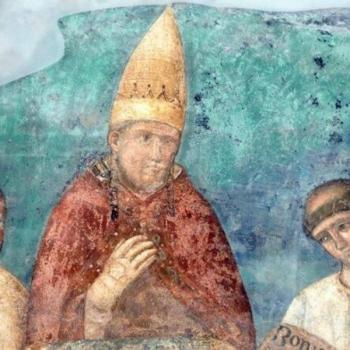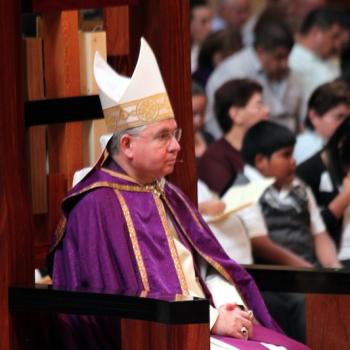For some time I’ve had a curiosity bouncing around in my mind. On August 7th, 2010 a truly historic moment happened in the United States when Elena Kagan was sworn in as a justice of the Supreme Court. For the first time in history there were no Protestants in the highest court of the land. Three Jews and six Catholics became the highest ranking judges in the country. My curiosity concerns the six Catholic justices. What role has their Catholic upbringing played in their thought process and decision making? Are there common factors in their Catholic background that somehow placed them at an advantage when it came to their judicial careers?
While at a bookstore a few weeks ago a picture of Justice Sonia Sotomayor on a book cover caught my eye. I picked up the book and realized it was her autobiography My Beloved World published in 2013. I bought it and read it immediately. The book did not satisfy my initial curiosity, but it gave me an understanding of the role the Catholic Church has played in the life of the third female and first latina Supreme Court Justice.
Justice Sotomayor grew up in government housing, the daughter of Puerto Ricans who had ventured to New York for a better life. Her mother worked long hours as a nurse at a local hospital mostly to pay the tuition at Blessed Sacrament Catholic School in the Bronx for both Sonia and Junior to get a quality education. Sotomayor’s mother was adamant that a good education would get her children far in the life. Justice Sotomayor recognizes that the Sisters of Charity “helped to shape who I am” and launched many of their students toward a productive and meaningful existence. Her tone becomes a little resentful though when recalling what Sister Maria Regina wrote about her at graduation from eighth grade. Sister described Sonia’s ambitions to become an attorney as odd.
Sotomayor’s autobiography also reveals a disappointing and frustrating experience with the Church. At age nine, her father died suddenly leaving her young mother in a deep depression. Sotomayor recounts that the priest from Blessed Sacrament refused to visit her mother because she did not attend Mass on Sunday. Sotomayor recognizes her mother did not attend Sunday Mass (Sotomayor did with her brother and the other school students), but raises a legitimate point: her mother may not have attended Mass, but she worked long nights so her children could receive a Catholic education. She writes, “shouldn’t Father Dolan be forgiving if she needed help?” The nine year old reasoned, “even if he thought she wasn’t Christian enough, shouldn’t he be more Christian?” Since Father did not come, the family sought a Baptist minister who came and met with Sotomayor’s mother and ministered to her.
When the Archdiocese of New York announced it would close Blessed Sacrament School, Justice Sotomayor said in an interview, “I am heartbroken. [The school] is symbolic of what it means for all our families, like my mother, who were dirt-poor… it was a road of opportunity for kids with no other alternative.”
The book may not have answered my initial curiosity, but it intimately revealed a fascinating woman who rose in a public service career against all odds. A Catholic education at Blessed Sacrament served her well, and this very same education is now serving all our country as she sits in the bench of the highest court of the land.












